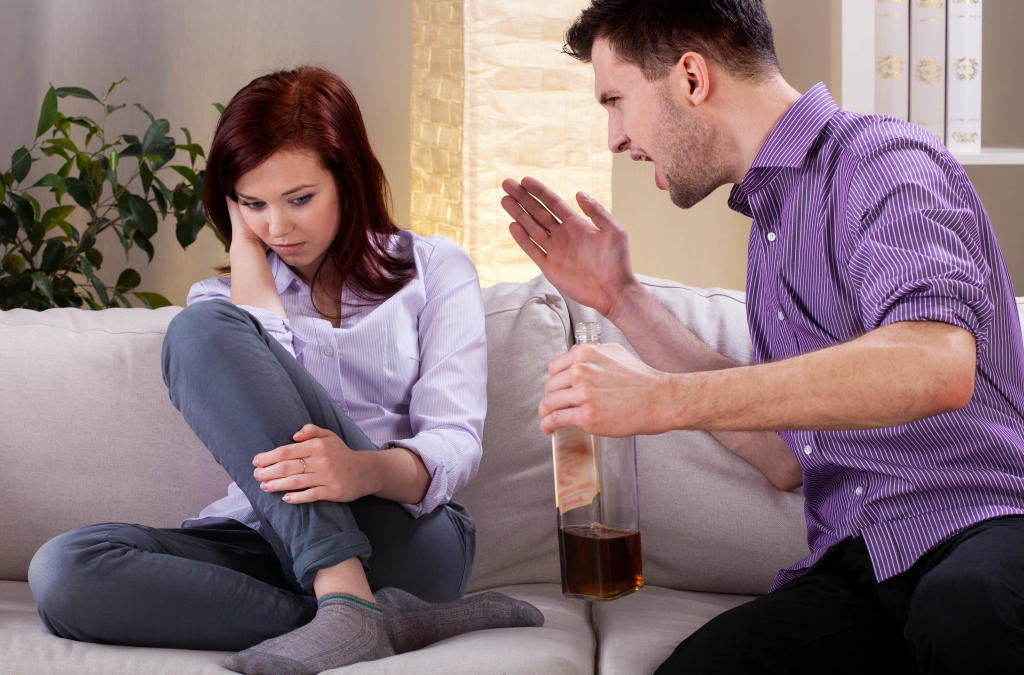Studies show that alcohol usually intensifies the negative emotions we feel in the long run. A 2017 study found that people who used alcohol as a coping mechanism to cope with negative emotions experienced greater emotional reactivity over time. For example, someone may turn to alcohol to cope with stress or anxiety (emotional drinking) and find that once they start drinking, their emotions become more intense or difficult to manage (being an “emotional drinker”). Alcohol might offer a temporary escape from emotional distress, but it’s essential to understand that it’s a short-term fix with long-term repercussions. Specifically, regular or heavy drinking can actually exacerbate pre-existing mental health conditions and create a cycle of worsening emotional pain. While these effects might seem like a useful coping mechanism on the surface, emotional drinking can ultimately set alcohol as a coping mechanism you up for more emotional pain, problems, and even alcohol dependence.
EMDR and its Role in Trauma and Alcohol Treatment Programs
If you ask your peers, more than one of them turns to alcohol as a coping mechanism when they feel anxious or stressed. While most people see this as something harmless, alcohol dependence can often arise from alcohol as a coping mechanism. Whether someone turns to alcohol for social anxiety or has the tendency to have a drink after a long day at work, this recurrency can change someone’s brain chemistry and place them at risk of developing a substance use disorder. The second goal of the current study was to examine coping mechanisms that may serve as a link between depression and alcohol use over time. Indeed, a notable strength of the current study was the inclusion of diagnostic data for depression and suicidality, as well as for AUDs in adulthood, underscoring that these transactions are related to serious and impairing diagnostic difficulties in adulthood. Critically, however, despite these mean-level differences between males and females, we did not find gender differences in structural relations across these domains over time.
Treatment Services
It is worth highlighting that, although the path from alcohol to later depression via escalating use of substances to cope is consistent with theoretical perspectives, there are very few direct longitudinal tests of this pathway in the literature. Future work replicating and extending our findings is needed, for instance, by examining demographic or setting-effects that may moderate the strength of this pathway. Thus, coping motives are a promising intervention target that may prevent co-occurring depression and substance use, ultimately reducing their deleterious impact on functioning throughout adulthood. Following the transition to adulthood, alcohol effects on later depression appear primarily indirect and mediated by coping motives, a pattern that is generally consistent with the Acquired Preparedness model (Settles et al., 2010). We found that alcohol use at age 17 indirectly predicted higher levels of depressive symptoms at age 23, by predicting increases in the likelihood of engaging in substance use in response to stress at age 22. It marijuana addiction is worth highlighting that the indirect effect of coping was significant above the direct effect of alcohol use, underscoring this pathway as an important, independent predictor of depression.
Experiencing Trauma

For specific questions about your health needs or that of a loved one, seek the help of a healthcare professional. I hope this blog helped you understand what emotional drinking is, why we drink to numb the pain, and how to stop drinking to numb emotional pain. Emotional drinking or not, alcohol in any form can lead to lowered inhibitions which, in turn, can lead to poor decision-making. Furthermore, alcohol can increase your chance of engaging in risky and impulsive behaviors and even cause strain in your relationships. Simply put, alcohol might dull your feelings and distressing emotions temporarily, but as it wears off, those emotions come back stronger than ever, often accompanied by feelings of guilt and shame.

Participants
The current study focused on coping mechanisms connecting depression https://adam.phiri.student.itvarsity.org/sober-anniversaries-how-to-celebrate-sober/ and alcohol use, but other mechanisms may be important as well (e.g., deviant peer processes), and should be examined in future work. Further, although the LECI provides a comprehensive assessment of life events and coping strategies of children and adolescents (Dise-Lewis, 1988), it captured a general measure of substance use coping that was not specific to alcohol use. However, other substances, including tobacco and marijuana, tend to co-occur with alcohol use, and existing models of substance use coping are fairly non-specific across substances (e.g., Patterson & Stoolmiller, 1991; Patrick et al., 2011; Leonard et al., 2015). Finally, it is important to acknowledge that the current analyses were examined within the context of a control sample that was recruited as part of a larger prevention-trial. We did not see treatment effects on depression and alcohol use in preliminary analyses, but focused only on the control condition given the developmental focus of the current analysis. Despite these limitations, the current study expands upon the existing literature, delineating the associations between depression, alcohol use and suicide risk.
Data Analytic Plan
- The second goal of the current study was to examine coping mechanisms that may serve as a link between depression and alcohol use over time.
- If AUD runs in your family, you pose a higher risk of developing AUD yourself than someone that does not have a genetic history of AUD.
- Many people who struggle with addiction have dysfunctional beliefs that shape their coping strategies.
- However, alcohol triggers our bodies to release higher amounts of cortisol.
Life is a new surprise every day and every time a new surprise pops up, I feel so under-prepared to deal with it. Situations like a bad breakup, a stressful job, or a fight with your loved one can leave us feeling overwhelmed, and to deal with them, we look for ways to cope. If you use alcohol as a coping mechanism, relying entirely on it may cause you to experience adverse effects in the long run. Family therapy can help create a safe “container” where you can examine how your closest relationships are impacting your thoughts, feelings, and behaviors — including alcohol.
Becoming a compulsive gambler can lead to immense financial troubles that can ruin your life. Some in recovery have lost everything compulsively throwing their money away gambling. This section collects any data citations, data availability statements, or supplementary materials included in this article. Ms. Kelsey Magee and Dr. Arin Connell made a substantial contribution to the analysis and interpretation of data, as well as writing the intellectual content of the manuscript. For descriptive statistics, percentages are reported for categorical variables, and Means (SDs) for continuous variables.
